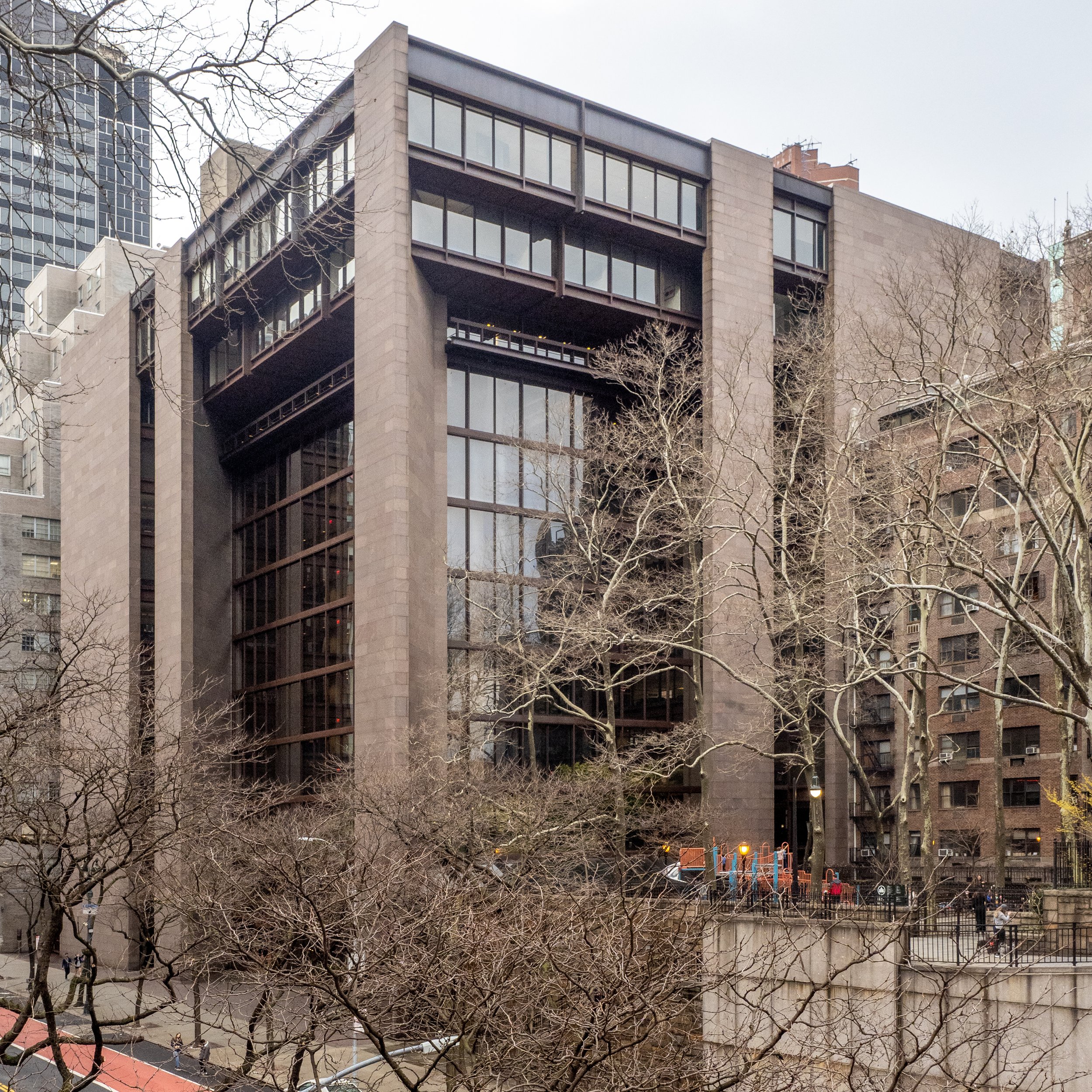
Five FAQs About “Taking Democracy for Granted”
My recent SNF Agora Institute report, “Taking Democracy for Granted: Philanthropy, Polarization, and the Need for Responsible Pluralism,” is prompting spirited exchanges. Multiple people have asked me some variant of the following five questions:
Isn’t the big problem here left-of-center philanthropists and the groups they support?
What if funders want to back power-building to end structural racism instead of bridge-building to support pluralism?
Are you saying advocates and activists have to engage with their ideological opponents?
What if the Cassandras are right and democracy is on the verge of dying?
If philanthropy is once again going to be key to defeating Donald Trump, doesn’t that end justify the means?
These are good questions! To broaden the conversation, I wanted to share the answers I have been giving.


A Framework for Democracy Philanthropy
I have been workshopping a framework to help potential philanthropic funders — both foundation and individual donors — explore and make sense of the democracy field. It is proving to be especially helpful for philanthropists who are in the process of deciding whether and how they might start making grants in the field, rife as it is with complexities and disruptions.

We Need a Bigger Boat to Revitalize U.S. Democracy—Here Are Three Ways We Can Start Building It
Democracy’s defenders have lost as much ground as we have gained in the Trump Era. We can’t whistle past this reality. We can’t assume that, if we just keep doing what we have been, only with more urgency and funding, we will succeed. It is time for a new theory of change. To paraphrase Chief Brody in Jaws after his first glimpse of the massive shark, we are going to need a bigger boat to revitalize U.S. democracy.

After the Pandemic: Loneliness, Belonging, and Rebuilding Our Civic Infrastructure
An omniscient and malignant diamond cutter could not have come up with a more intricate method of dividing and isolating us than the pandemic. It pounded away at our social fractures like a pile driver. Two recent reports throw a spotlight on how far we have fallen—and how we could rebuild our associational lives.

Philanthropic Pluralism and Its Enemies
A recent statement by the leaders of six ideologically diverse institutions outlining and defending philanthropic pluralism underscores the power of this idea. It has also drawn intense criticism from those opposed to pluralism on the left and right alike.

Philanthropy and the Testing of Democracy in America
Society accrues an opportunity cost when philanthropy focuses primarily on influencing politics and policy-making. It beggars investment in the ideas, leaders, organizations, and civic infrastructure that only pay off over the longer term, and that we need to sustain a pluralistic democracy over time.

“Democracy Is So Much Larger Than Politics”
In this interview, Kristen Cambell, CEO of Philanthropy for Active Civic Engagement, shares how her organization is working to shore up “civil society—the parts of democracy, leadership, and active citizenship that may not involve government (or even institutions), but compel us toward a full spirit and vision of what it means to live in a self-governing society. Systems, processes, and institutions will only ever be as strong as the civic values, democratic culture, and social norms that surround them.”

5 Principles for Reflective Practice in Philanthropy
Reflective practice in philanthropy calls for empirical humility and curiosity vis-a-vis the complex system(s) you seek to change; a commitment to learning; an openness to being surprised; and a belief things can always be improved, not only out in the world and your strategy for changing it, but also in your own worldviews, capacities, and mindsets.